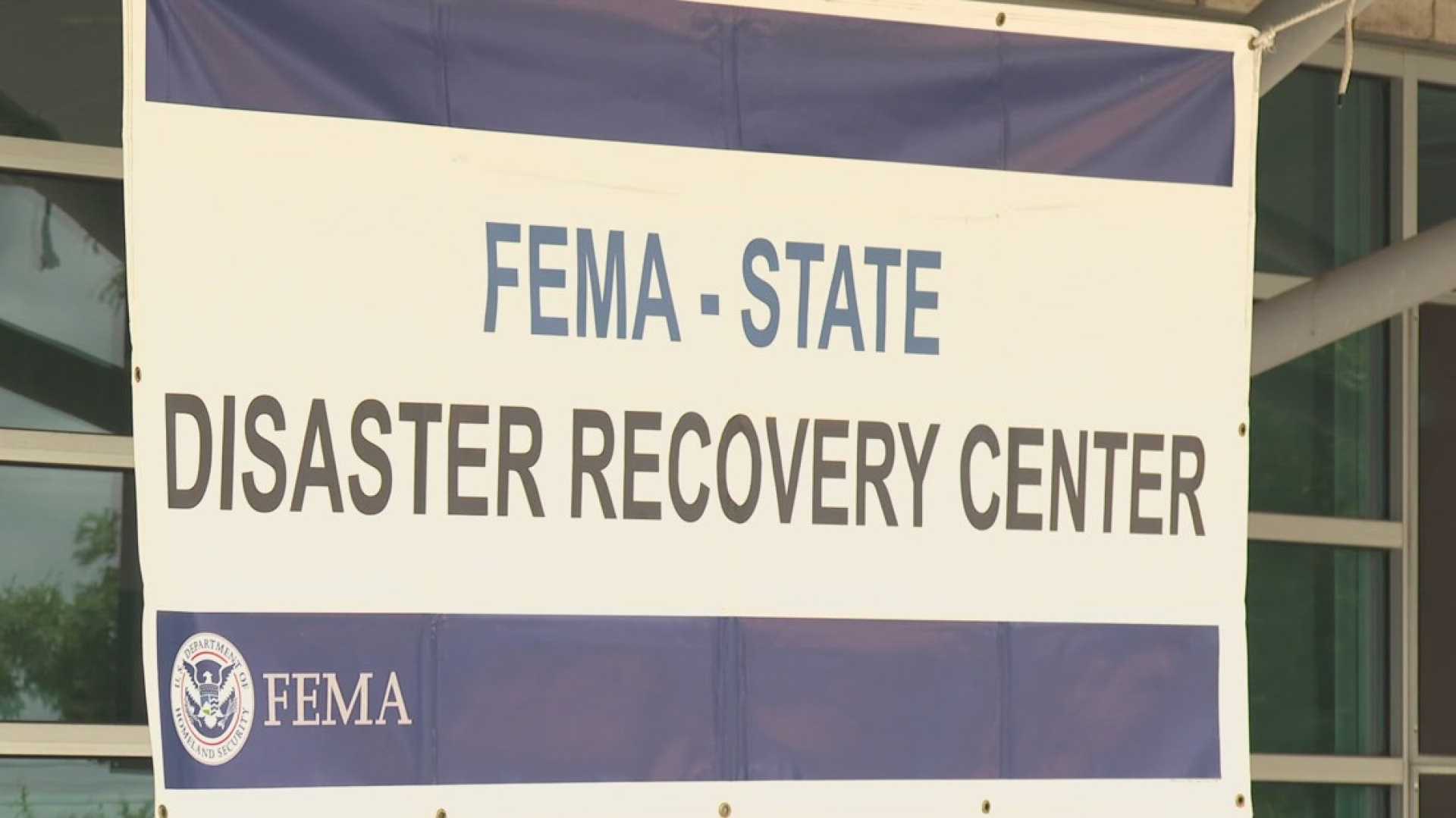News
FEMA Expands Support for Disaster Mitigation and Relief Efforts

FEMA, the Federal Emergency Management Agency, has announced expanded efforts to assist individuals and communities affected by natural disasters in the United States. Starting March 22, 2024, new Individual Assistance updates will be applicable to disasters declared after this date. This update is aimed at enhancing recovery processes and providing necessary support to impacted areas more effectively.
In Des Moines, Iowa, FEMA is actively engaging with residents by providing practical advice on home safety and improvement. From October 1 to October 4, FEMA specialists will be available at the Downtown Hardware Hank store in Sheldon, Iowa, to offer guidance on strengthening homes against future storms. The initiative is part of FEMA’s ongoing commitment to enhancing home resilience, regardless of prior damage.
Residents and business owners in specific counties, including Buena Vista, Cherokee, and Woodbury, among others, are encouraged to utilize FEMA assistance programs. This includes grants for temporary housing and essential home repairs following flood-related damages. FEMA has assured that assistance is accessible irrespective of race, color, religion, nationality, sex, age, disability, English proficiency, or economic status, addressing any potential discrimination through dedicated helplines.
In a separate but related development, New Jersey has secured $15 million in funding from FEMA’s Safeguarding Tomorrow Revolving Loan Fund (STORM RLF) program. Governor Phil Murphy announced that these funds will bolster climate change preparedness and provide immediate relief to homeowners following severe weather events. New Jersey has committed to a 10% financial match to support this initiative.
The STORM Act, which facilitated this funding, aims to empower states and eligible entities to reduce risks associated with natural hazards through low-interest loans for hazard mitigation projects. This initiative focuses on vulnerable areas, offering crucial support to low-income and underserved communities. FEMA’s Regional Administrator David Warrington emphasized the importance of these resources in building resilience against climate-related impacts.
The funding distribution includes collaboration between the New Jersey Infrastructure Bank and the New Jersey State Office of Emergency Management. The awarded resources mark the second highest cumulative investment received under the STORM Act, highlighting New Jersey’s proactive approach in addressing climate challenges.












